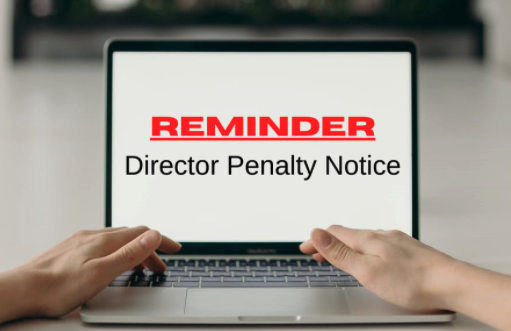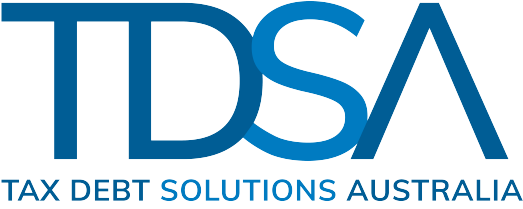
The Director Penalty Notice: avoid your company debt becoming your debt
The ATO have sent out 50,000 warning letters for the possible issue of Director Penalty Notices (DPN) for outstanding company debt; prepare yourself now!
The Australian Tax Office recently started chasing company tax debts again after a 2-year break during the Pandemic. An escalation of widespread collection activity has started and if you’re not up to date with your lodgements and owe money to the ATO, you may get a DPN warning letter. The Director Penalty Notice is a way of chasing unpaid tax debts by making the director personally liable for what is in most cases, the majority of the company tax debt. This includes unpaid PAYG, SGC and GST.
If your company fails to fulfil its obligations, you may be at risk.
Businesses that aren’t meeting their tax obligations concerning PAYG, Superannuation Guarantee Charge and Goods & Services Tax could receive a DPN letter.
The Director Penalty Notice targets the directors of a company, seeking to make them responsible and collect the company’s debt from them.
Types of Penalty Notice:
There are two types of Notice: Lock Down and 21-day DPN.
Lock Down means the director is immediately liable for the business’s debt. This type is issued when the unpaid amount of PAYG or GST is reported more than 90 days after the due date. The only action available with the Lockdown penalty is to pay the debt in full or negotiate a payment arrangement. Unlike a 21 Day DPN, a director cannot cause their penalties to be revoked or cancelled by liquidating the company. You must pay it!
The 21-day Notice is issued when statements are lodged (within three months of the due date) but debts are unpaid. The director will assume responsibility in 21 days if there’s no satisfactory action regarding debt management or defence against the Notice.
Current options for avoiding personal liability if the ATO sends you a 21-day DPN are:
- Arranging payment in full to the ATO.
- Putting the company into administration or liquidation
- Appointing a small business restructuring practitioner (SBRP),
- Proving a defence to the DPN.
- Negotiating a payment plan with the ATO.
If you enter into a payment plan and don’t make the agreed payments, the Tax Office may continue debt collection by pursuing the director personally.
All directors can be held responsible.
Whether you’re new to the position or have resigned from your post, all directors can be made responsible for company debt. After 30 days of becoming the company’s director, you are potentially liable for unpaid amounts due. Even after your resignation, you may still be penalised if your company accrued tax debt during your employment there. You could also be liable for debts that fell due after leaving in some circumstances.
Don’t panic. Get help from a specialist to minimise the consequences and regain control.
Ignoring the problem will only cause you more stress and reduce your options.
To find relief, you need the advice and guidance of a specialist who can manage conversations with the ATO and negotiate for you. Address the debt, engage with the Australian Tax Office early and act fast.
Want to avoid being penalised?
The simplest way is to ensure your company tax returns are up to date, lodged, and taxes paid. Even if the company can’t pay the debt due, it’s much better to lodge on time. This way, you’re still complying with the Tax Office, and they’ll view you in a more favourable light even if you owe money. Keeping up to date with your lodgements also means you can’t be liable under a Lockdown DPN.
The ATO targets companies that avoid them and those that accumulate debt, dodge their liabilities and default on payments.
Need help reducing your debt or managing your responsibilities?
If you’re overwhelmed, let TDSA help out. We can provide an analysis of your debt and show you how to reduce and manage it. Together we can assess your options to reduce interest, negotiate with the Tax Office or seek finance to offload it.
Let’s rebuild your relationship with the ATO and reduce the stress of financial burden.
Stay in control of your taxes with expert advice to easily manage your director’s responsibilities and implement ways to avoid accumulating debt in future.
